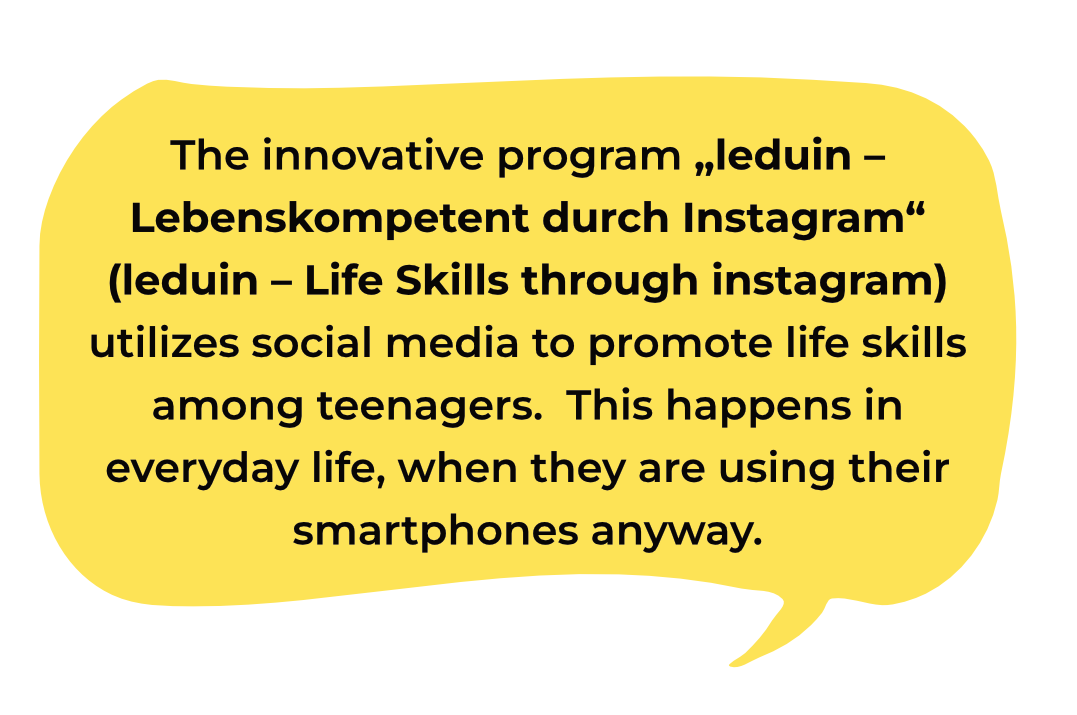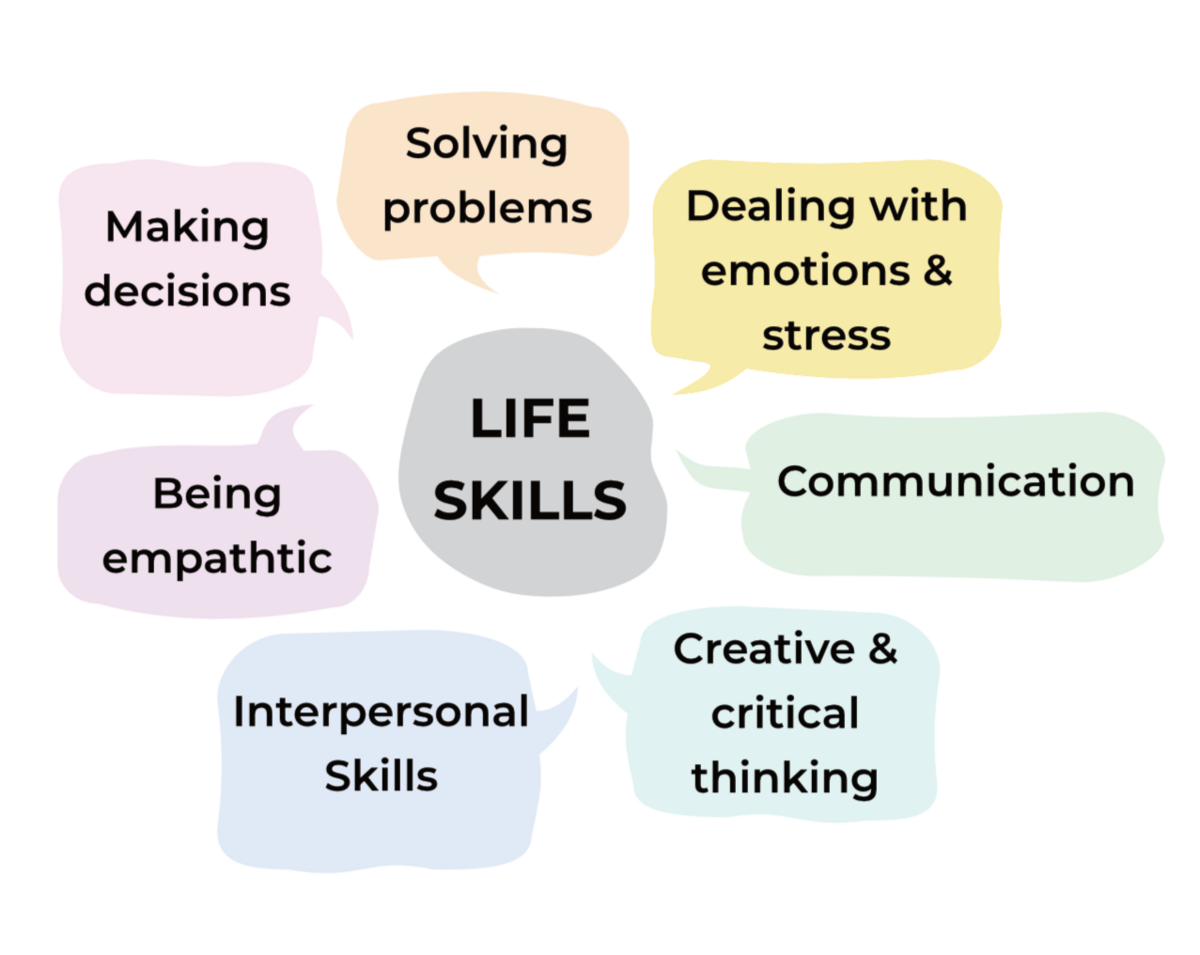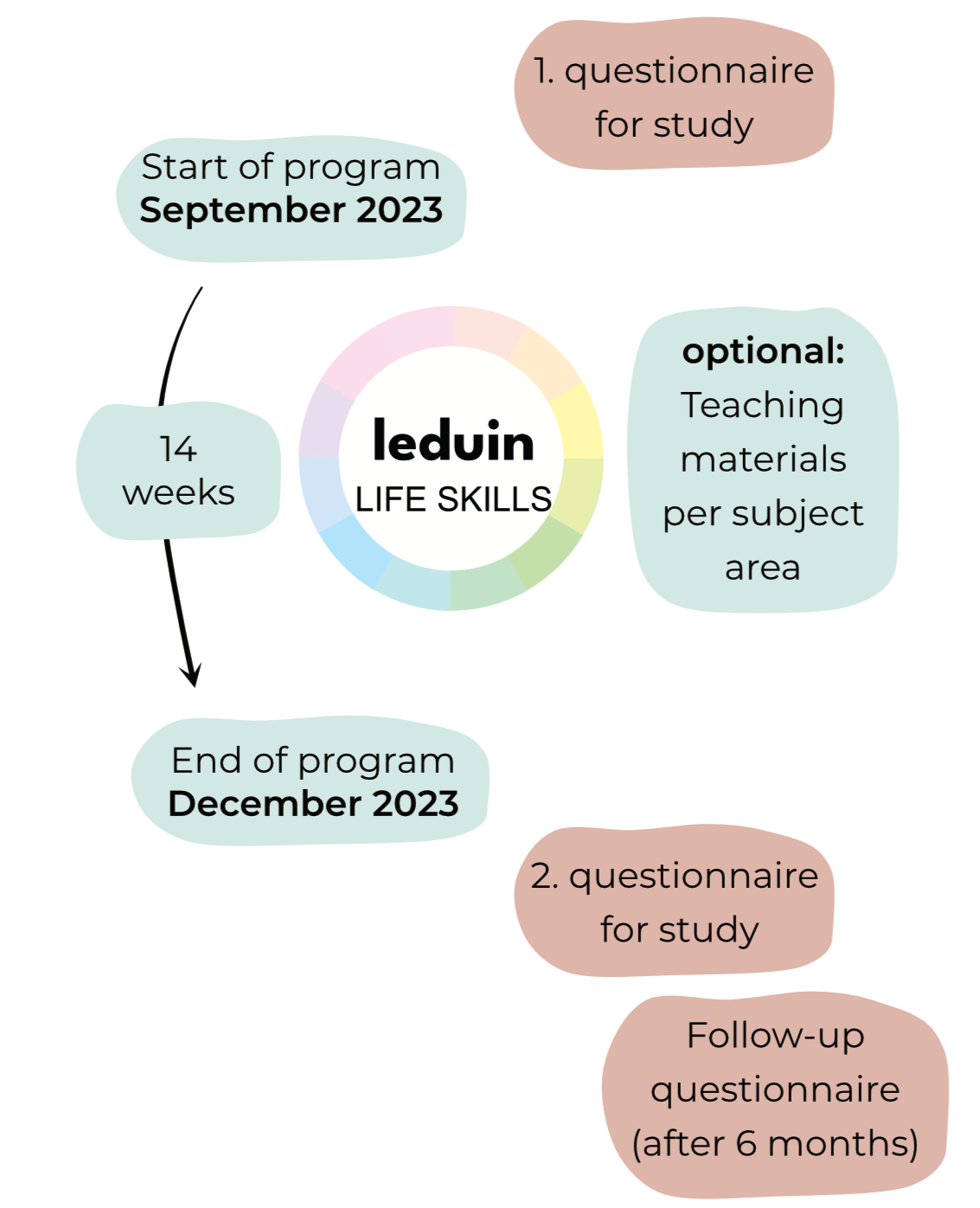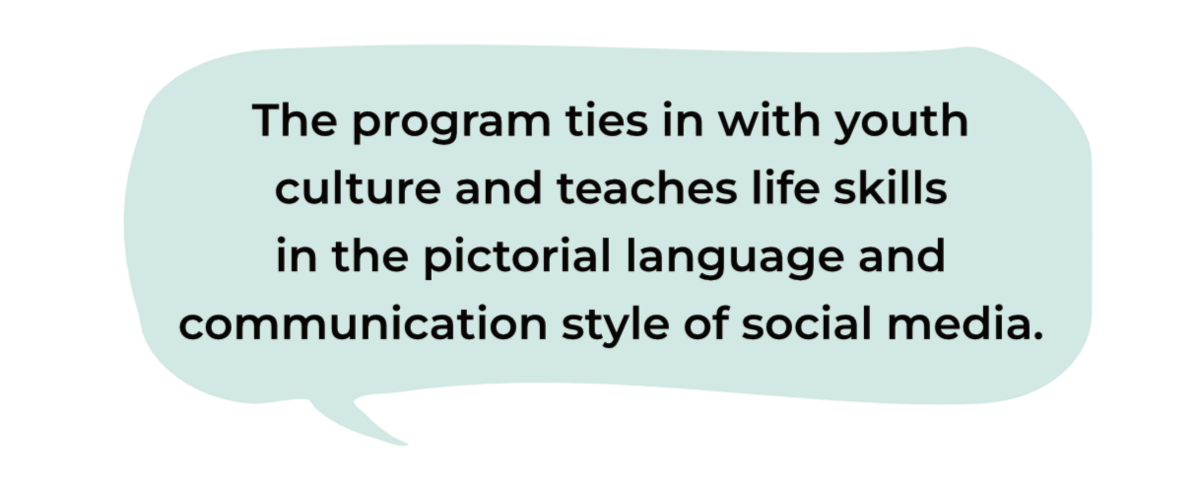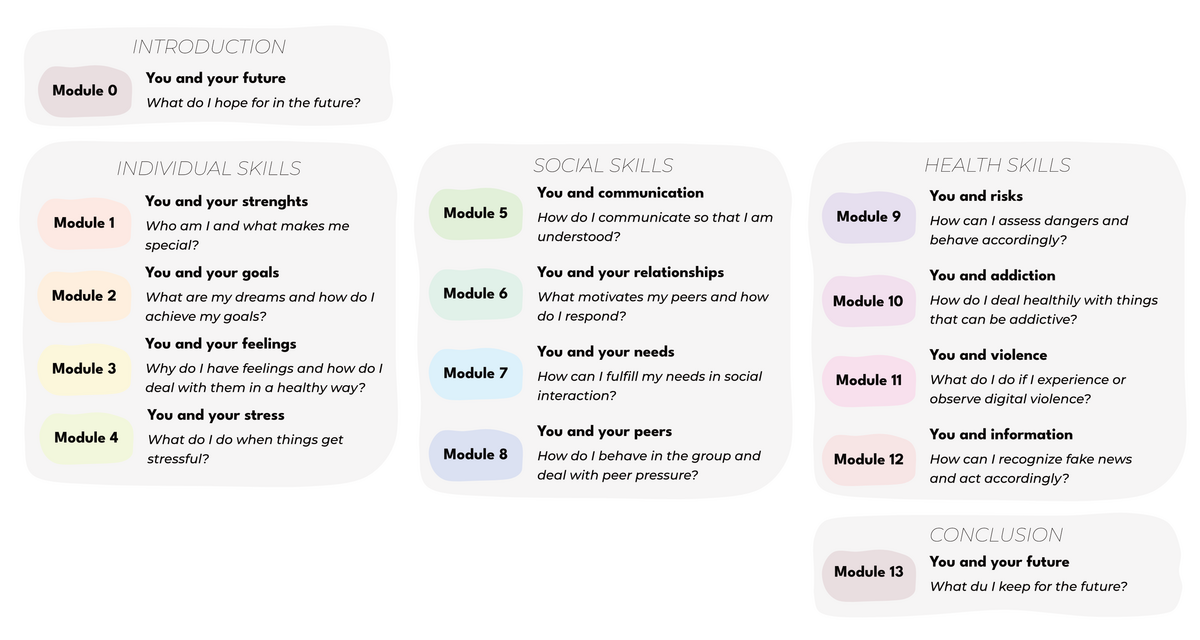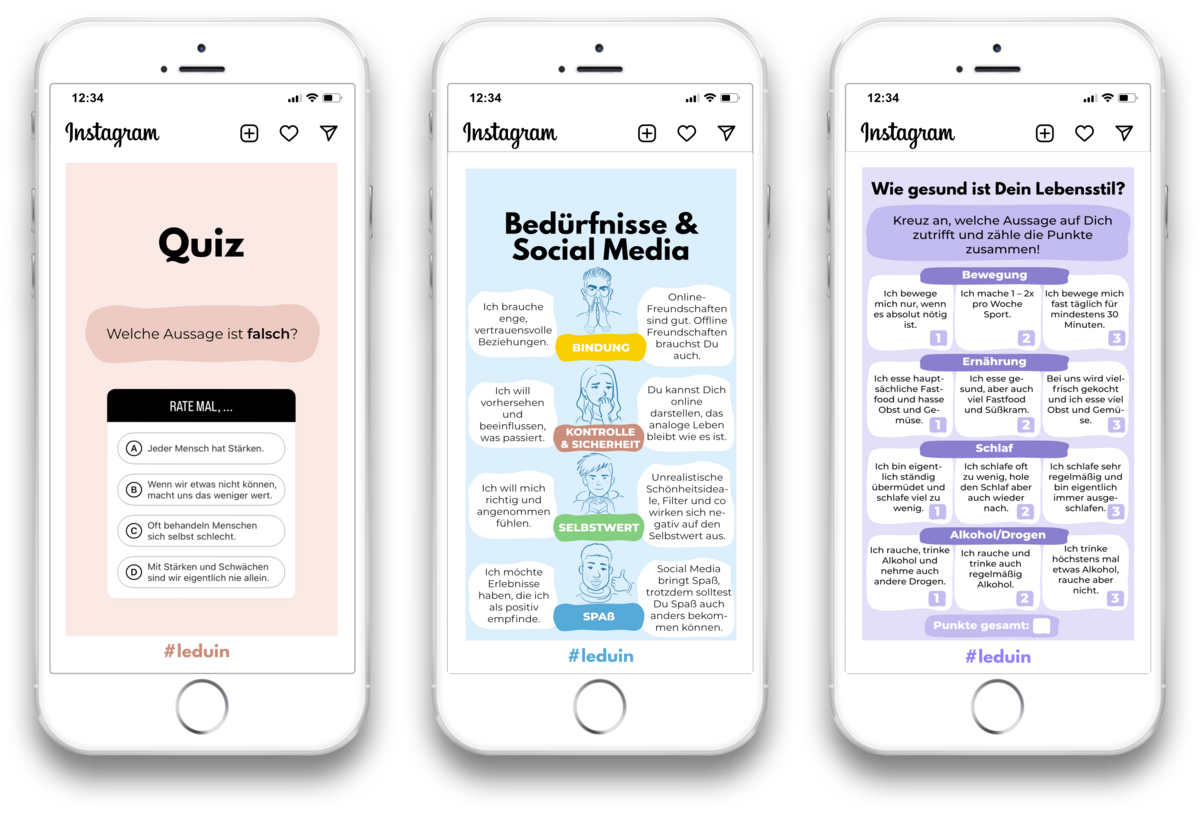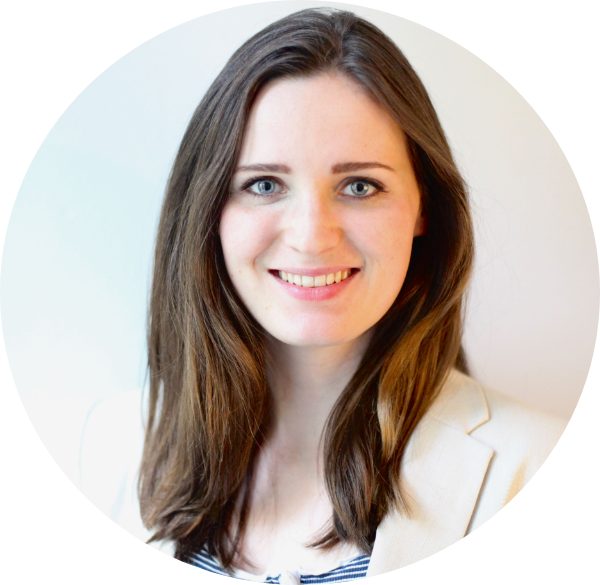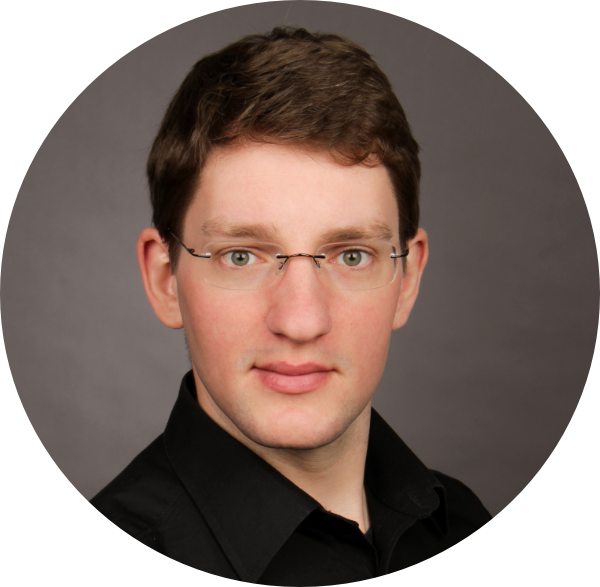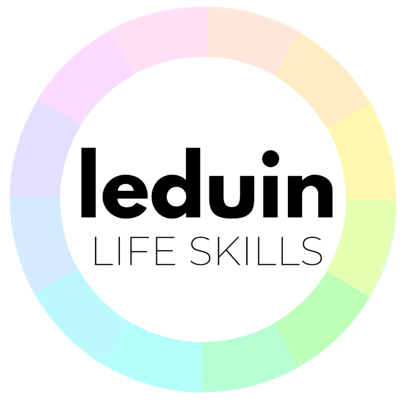
If you have any questions, please contact us for further information:
Elizabeth Zimmermann
elizabeth.zimmermannuni-greifswaldde
03834 420 3807
Life skills for adolescents on Instagram
Digital prevention programme to promote media and life skills in leisure time
‘leduin- Lebenskompetent durch Instagram’ is a digital prevention programme that was developed at the University of Greifswald at the Chair of Health and Prevention in the ‘Digital Health and Prevention’ department. The leduin programme aims to support adolescents with the challenges of analogue and digital life by promoting media and life skills. To this end, the leduin programme uses social media - namely Instagram.
The leduin programme was developed by psychologists according to the latest scientific research. Adolescents, teachers and experts in prevention, education, addiction, media and law on the internet also contributed to the development of the programme.
Why do we want to promote life skills?
Life skills have been defined by the World Health Organisation (WHO) as the abilities that enable people to successfully master challenges in life. The promotion of life skills is associated with increased well-being, academic success and improved mental health. It also reduces risk behaviour such as smoking, alcohol and drug consumption. The aim is to support adolescents in the healthy use of social media.
Why do we use social media?

Social media (such as Instagram, TikTok, YouTube) are part of the lives of today's adolescents, with an average usage time of more than three hours per day. As part of a digitalised life, they bring opportunities - e.g. access to knowledge and ideas, networking, support or identity development. At the same time, the use of social media is associated with risks such as addiction, cyberbullying, radicalisation and misinformation. We want to empower young people to face the challenges of a digitalised world. Studies already show that social media are suitable for promoting health.
How does the leduin programme work?
The leduin content is communicated on Instagram through text, image and video-based posts. Interactive elements such as quizzes, question stickers, surveys and challenges encourage active engagement. Twice a week, prizes in the form of vouchers are raffled off for successfully completing challenges. If adolescents have any questions, they can contact the leduin psychological team via dm (direct message).
How is the leduin programme structured?
The leduin programme will be taught in 14 modules over 14 weeks from October 2022. An introductory and a final module frame the module complexes of individual competences, social competences and health competences.
The leduin survey
We tested the leduin programme in a pilot study with around 100 adolescents in North Rhine-Westphalia in autumn and winter 2022/2023. This showed that the participants were interested and actively took part in the programme and were able to learn a lot for themselves and their future along the way.
In the next step, we want to run the leduin programme again from September 2023 and are now looking for interested adolescents. We are conducting a scientific study to accompany the programme. Participants will fill out questionnaires so that we can examine both the accessibility of the programme and the impact of the programme on the participants. The questionnaires are completed before the programme begins, after the programme ends and again six months later.
Do you have any questions or interest?
We would be delighted to have you participate in the leduin programme and the study! If you are interested or have any questions, please contact the project manager Elizabeth Zimmermann. If you would like to take part, you will receive further information material and we will discuss the next steps with you.
M. Sc. Elizabeth Zimmermann heads the ‘leduin - Lebenskompetent durch Instagram’ project as a research assistant at the University of Greifswald. She has many years of experience in working with children and young people. As a psychologist, she runs the programme on Instagram and is the contact person for interested organisations, parents and adolescents.
Jun.-Prof. Dr. Samuel Tomczyk heads the ‘Digital Health and Prevention’ working group at the Chair of ‘Health and Prevention’ at the University of Greifswald and has extensive expertise in the design, implementation and evaluation of large epidemiological and interventional studies on health-relevant behaviours and relevant influencing factors in childhood and adolescence, which have been implemented in several German federal states.

